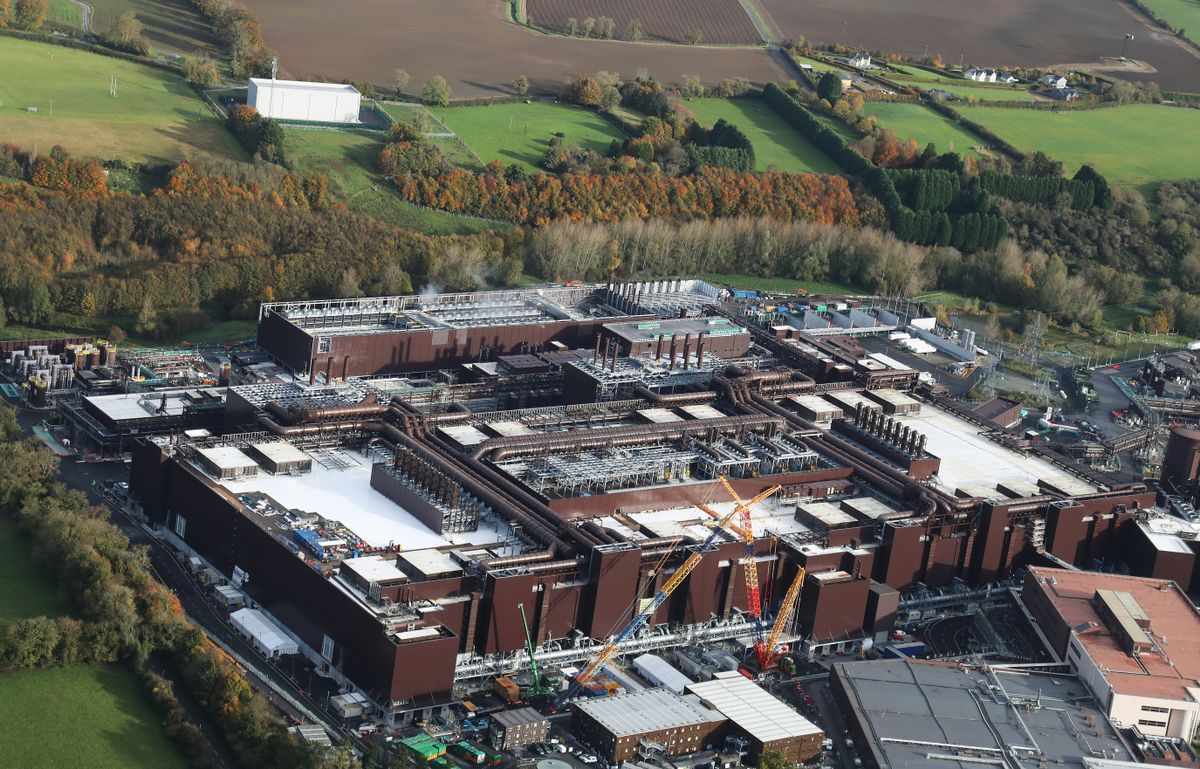Intel recently announced it would lay off 15% of its total workforce to cut costs and turn around lackluster earnings. In Ireland, the chipmaker recently offered voluntary severance packages to its Leixlip staff that could amount to 500,000 euros.
The proposal, circulated to employees last week, gives staff members until Aug. 23 to apply for voluntary severance. Under the terms offered, staff with more than two years of service could receive an additional five weeks’ pay for each year of service. It is in addition to Ireland’s statutory rate of two weeks’ pay per year of service, capped at 600 euros per week.
The proposal grants five weeks’ pay per year of service to staff members who have been with Intel for less than two years. An employee could receive a severance package worth 500,000 euros if approved for voluntary severance. Those who apply for the proposal will hear on Sept. 6 if their separation is approved, and those accepted will leave Intel on Sept. 30.
Intel currently employs around 4,900 people in Ireland. If the chipmaker applies its 15% workforce reduction to its Irish employees, that means letting about 730 employees go. Intel will be forced to make compulsory layoffs if it doesn’t get enough volunteers for the severance plan.
Whether Intel will apply the 15% number directly to Ireland is unknown. Business Post contacted Intel for comment, but the company’s spokeswoman declined to comment on specific details. She said that Intel is still assessing the local impact of the cuts, so it is “not disclosing a number right now about impact in Ireland.”
In 2022, Intel encouraged up to 2,000 workers in Ireland to take three months’ worth of unpaid leave to cut costs. It reduced its workforce by about five percent between October 2022 and the end of 2023.
It’s important to note that Intel recently moved some of its high-volume chipmaking processes to Ireland. During a recent call with financial analysts, Intel pointed to that move as a major contributor to its falling gross margin in the quarter. Chief financial officer David Zinsner said the move had resulted in $1 billion in capital expenditure savings and would benefit Intel in the long run.

